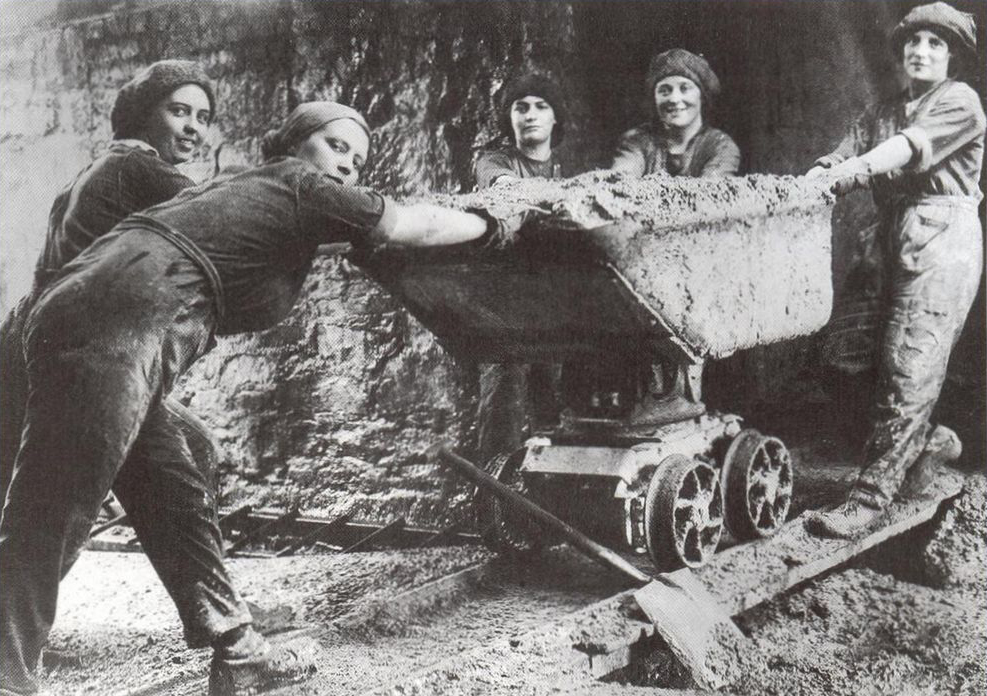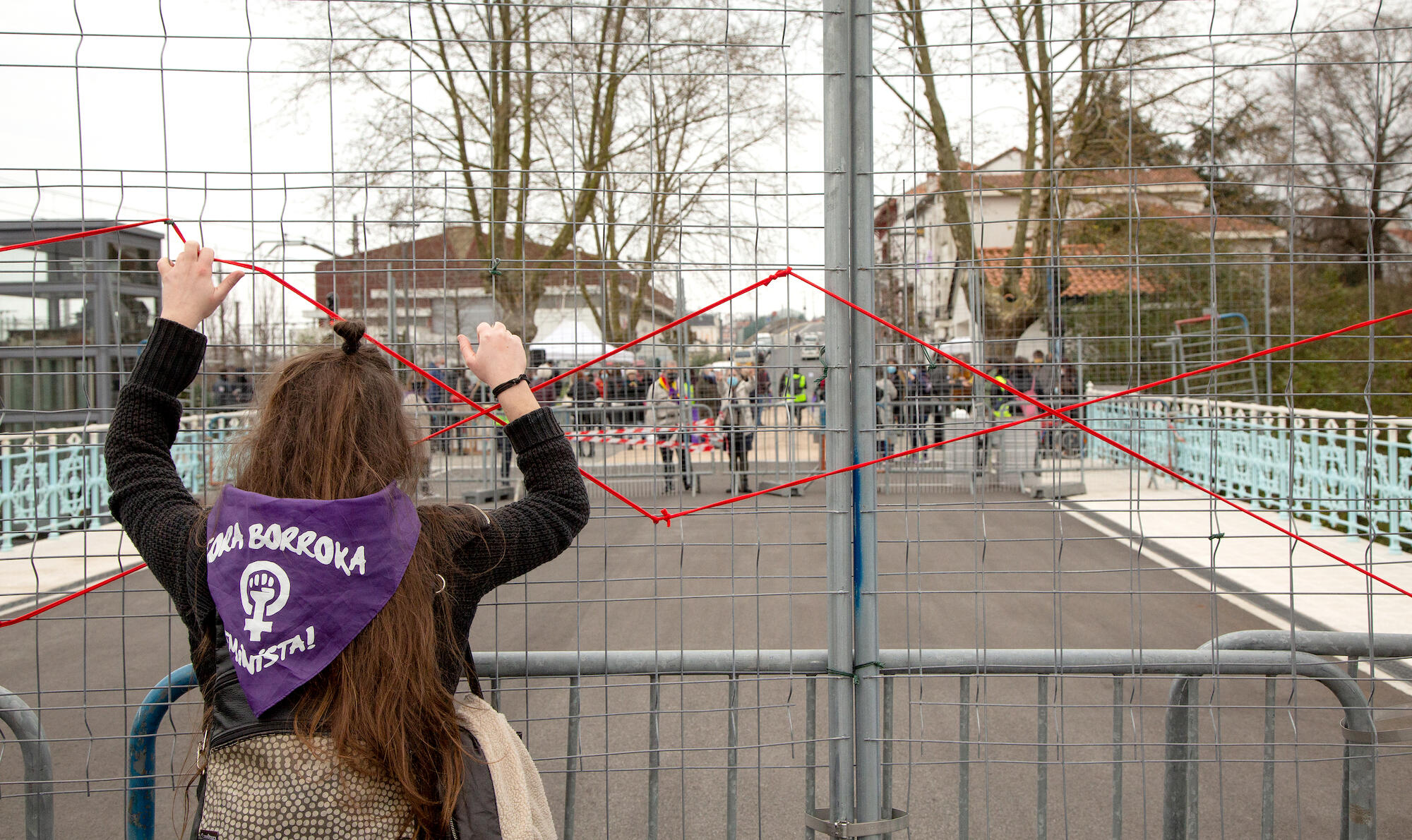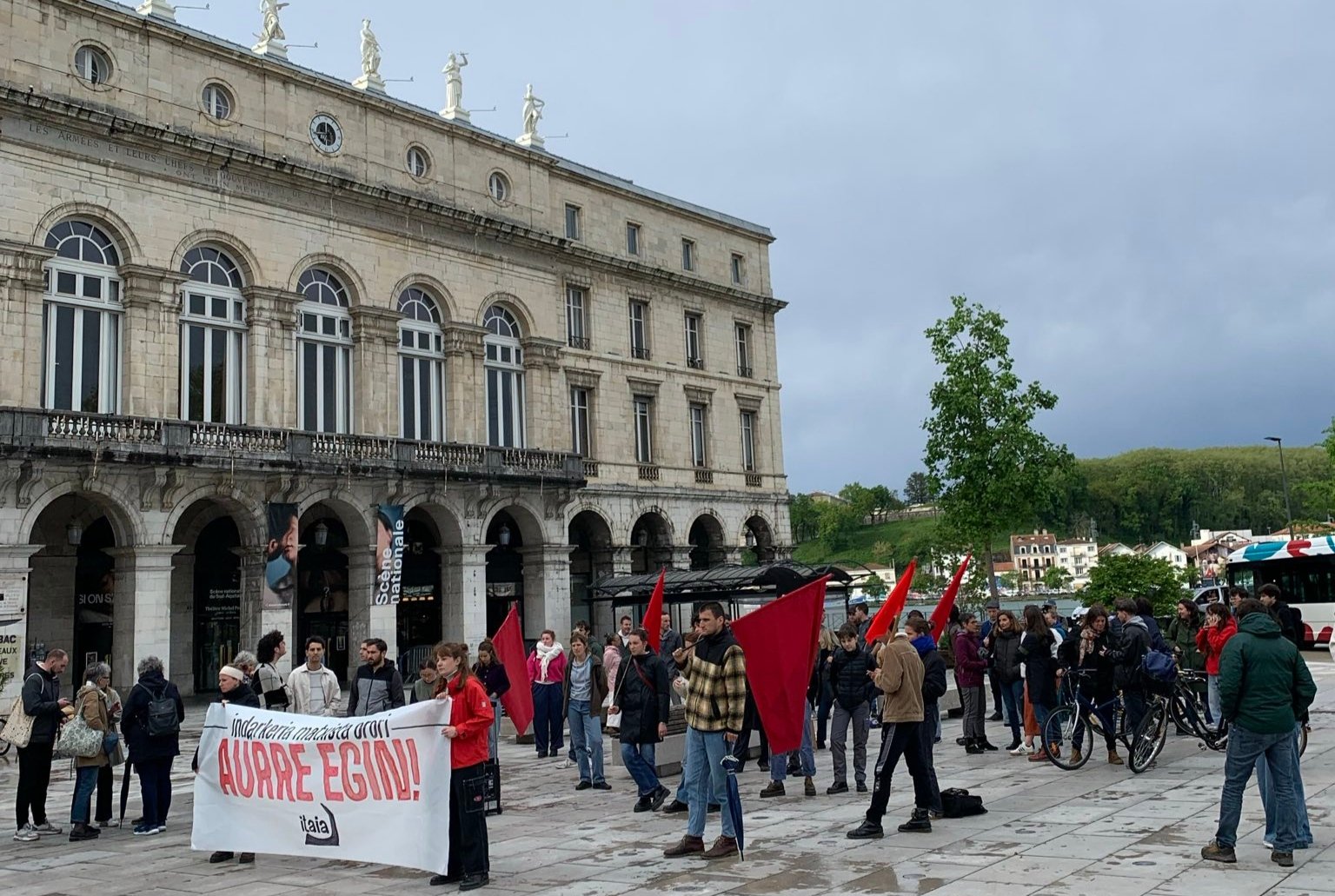Mining jewelry
- Cork (Ireland) 1837. Born Mary Harris Jones (1837-1930), a trade union activist who would later be known as Mother Jones. As a child, he moved with his family to North America, fleeing the Great Irish Hambruna.

He worked as a professor and a dresser in the United States, but in 1867 he lost his husband and his children because of yellow fever and from then on he worked in defense of the rights of workers, especially miners: he organized strikes and was, among others, one of the founders of the World Organization of Industrial Workers. In recent years, he also won the grandmother's nickname for all agitators. But he didn't defend all the agitators. The suffragist, for example, was more opposed to the accent of the suffragist movement than to the right of women to vote. She considered it a matter of high-class women and feared that the right to vote would cover the economic problems of women workers. “The plutocrats have organized their wives,” he said, “they are entertained by suffrage.”
Domitila Barrios Chungara (1937-2012) is a Bolivian born and raised in the 20th century mine. Her husband, a miner, began to fight for the rights of miners through his hand. Among other things, he began a hunger strike at Christmas 1977 which would culminate in the military dictatorship of General Hugo Banzer, along with four other mining women. Fleeing from government persecution, his father handed him several books on Marxism and then realized that what he thought was written there.
In Euskadi, the husband of Dolores Ibarruri (1895-1989) was also minero.El who was secretary-general of the Communist Party of Spain, for the first time used the pseudonym Pasionaria in 1918 to sign the article entitled The Biscayan miner (Biscayan miner). Ibarruri, born in the mines of Gallarta in Abanto-Zierbena, is the Mining Museum of the Basque Country. During these days, and until July 31, you can visit the exhibition entitled Women's Leaders in Mining Areas. In addition to the three mentioned, the sample includes the trajectories of seven other women who took on the leadership roles in the mining areas.
According to Rubén Vega, historian of the University of Oviedo and curator of the exhibition, “they were built from action, and not the other way, their ideological profile”. In addition, in a traditionally masculine space, “in the world of testosterone filled mines”, they took care of men, achieving relevant roles, but starting from the role of “mothers and wives”, subordinated to women. Concrete definitions of feminist militant would not be considered feminists, “but if they were de facto, because they were able to cope with this subordinated role”.
Errepikatu nirekin: Sara Millerey. Ez dezagun ahaztu bere izena. Transfeminizidioaren biktima da Millerey: gorrototzaile transmisogino batek torturatu zuen, besoak moztu zizkion eta bizirik bota zuen ibaiertz batera. Bi orduko agoniaren ondoren hil zen.
Errazagoa da J.K... [+]
Many Basque feminists have been disappointed to learn that writer Chimamanda Ngozi Adichie has externalized pregnancy, meaning that a surrogate has fertilized her baby for money.Adichie is the author of the essay We should all be feminists, among others. They have ignored the... [+]
Indartsua, irribarretsua eta oso langilea. Helburu pila bat ditu esku artean, eta ideia bat okurritzen zaionean buru-belarri aritzen da horretan. Horiek dira Ainhoa Jungitu (Urduña, Bizkaia, 1998) deskribatzen duten zenbait ezaugarri. 2023an esklerosi anizkoitza... [+]
Gozamen aparta bezain deskribatzeko zaila dakar, norbaiten hitzak irakurri edo entzun ostean, zera pentsatzeak: “Horixe zen neu aurreko hartan azaltzen saiatu nintzena!”. Idazlea eta itzultzailea da María Reimóndez, eta galegoz aritzen da, hizkuntza... [+]
Orain arte desgaituak ez diren pertsonekin lehiatu da Uharteko Ipar Eski Taldeko Eneko Leyun eskiatzailea (Iruñea, 1998). 2024-2025 denboraldian, lehenengo aldiz parte hartu du Adimen Urritasuna duten Pertsonentzako Iraupeneko Eskiko Espainiako Txapelketan. Urrezko... [+]
Joan den urte hondarrean atera da L'affaire Ange Soleil, le dépeceur d'Aubervilliers (Ange Soleil afera, Aubervilliers-ko puskatzailea) eleberria, Christelle Lozère-k idatzia. Lozère da artearen historiako irakasle bakarra Antilletako... [+]
























